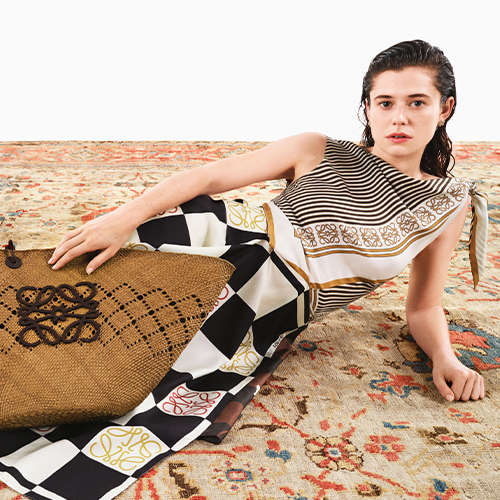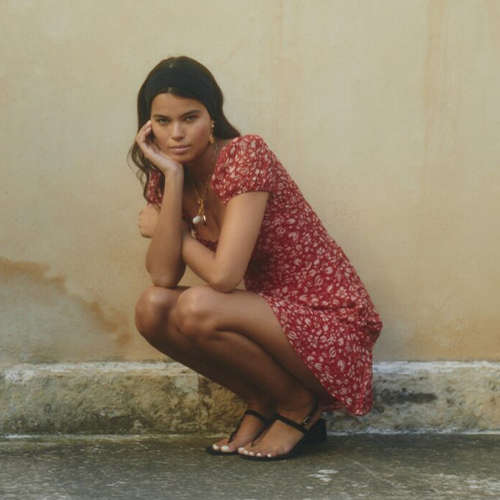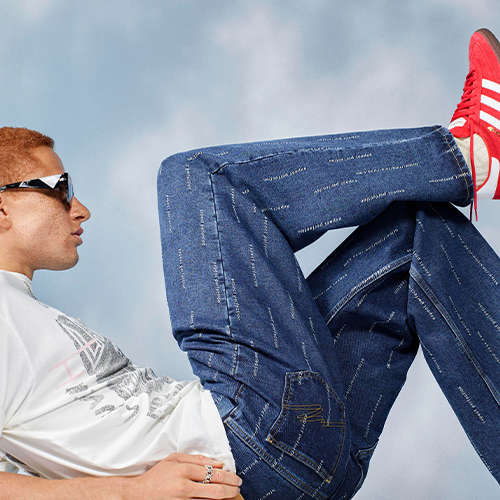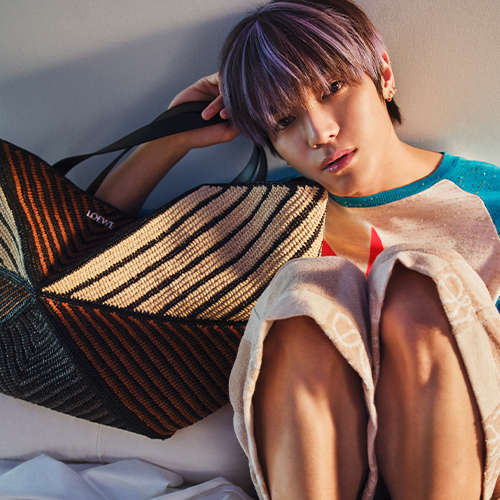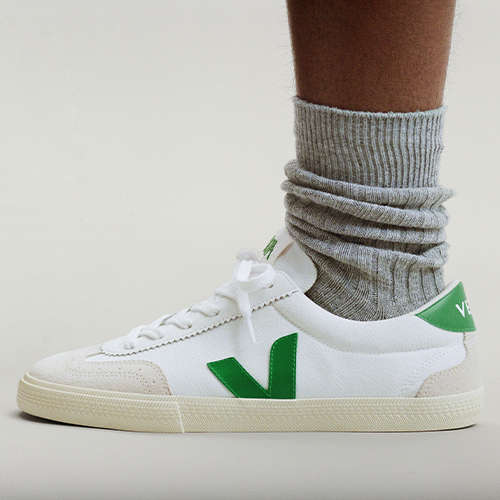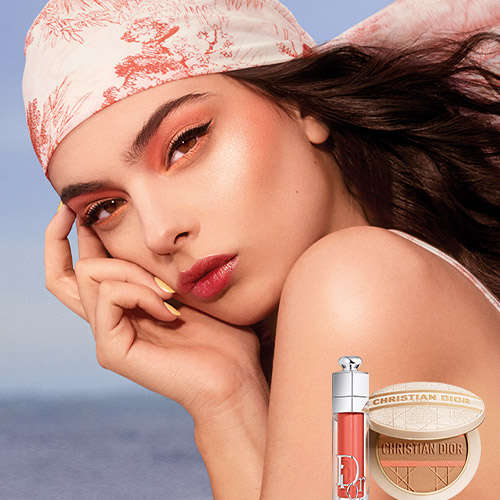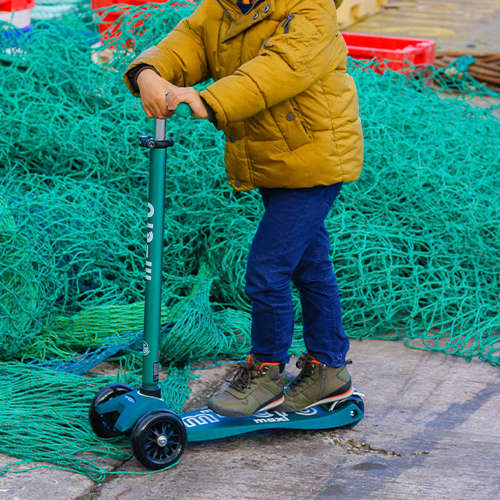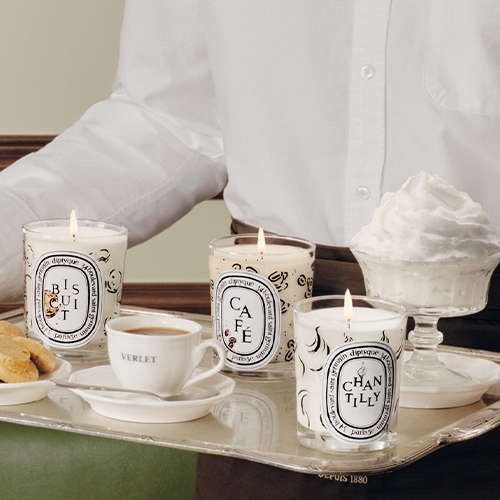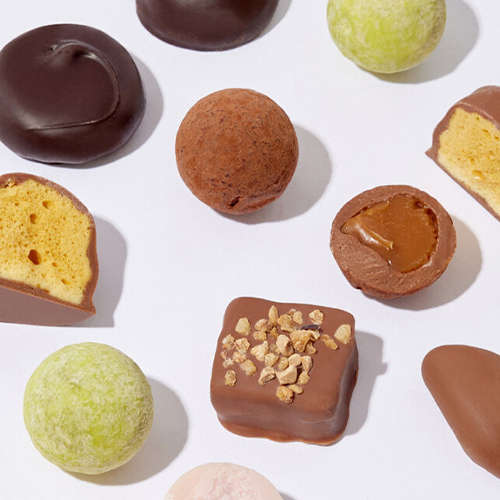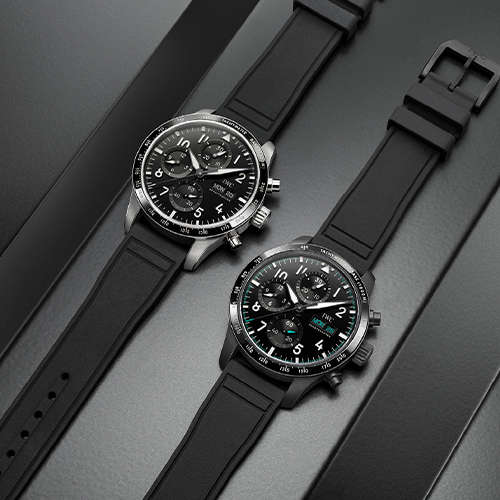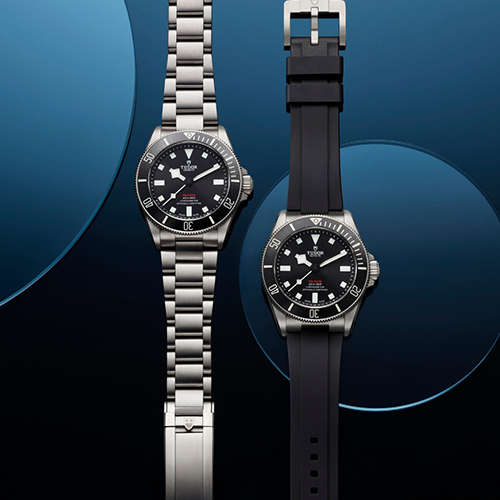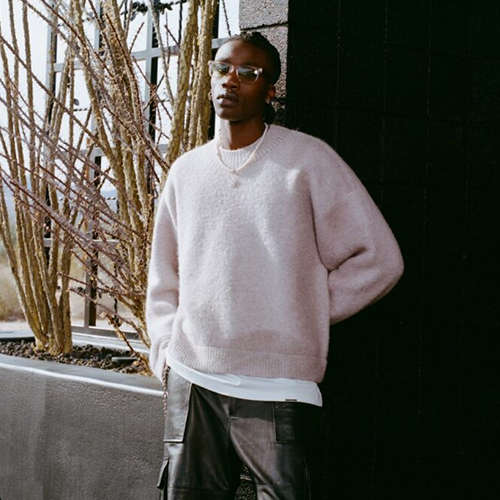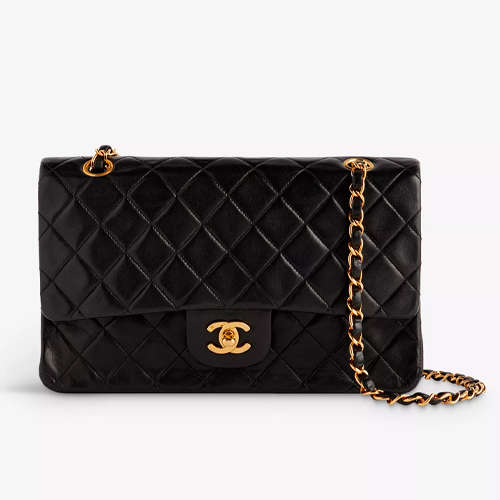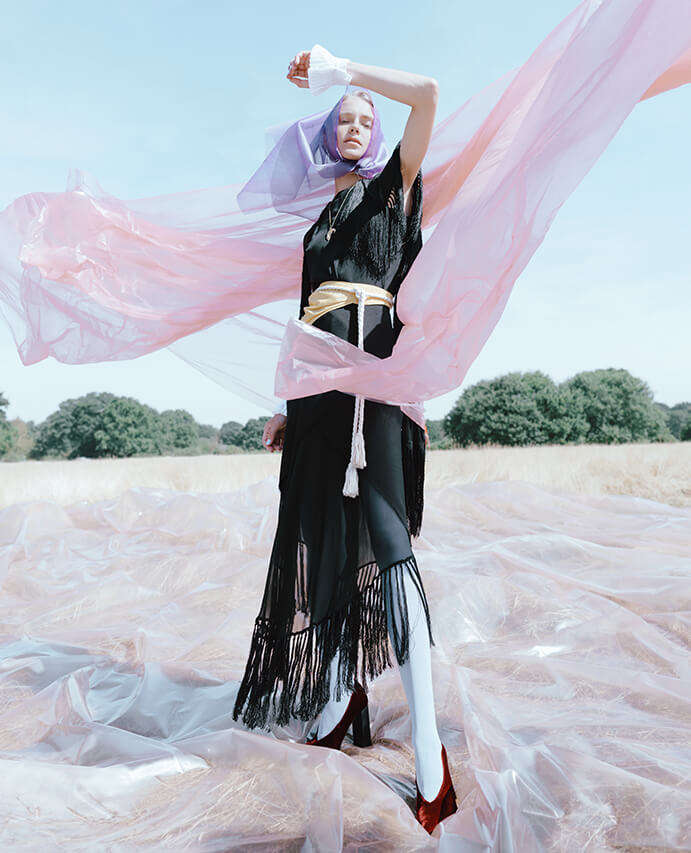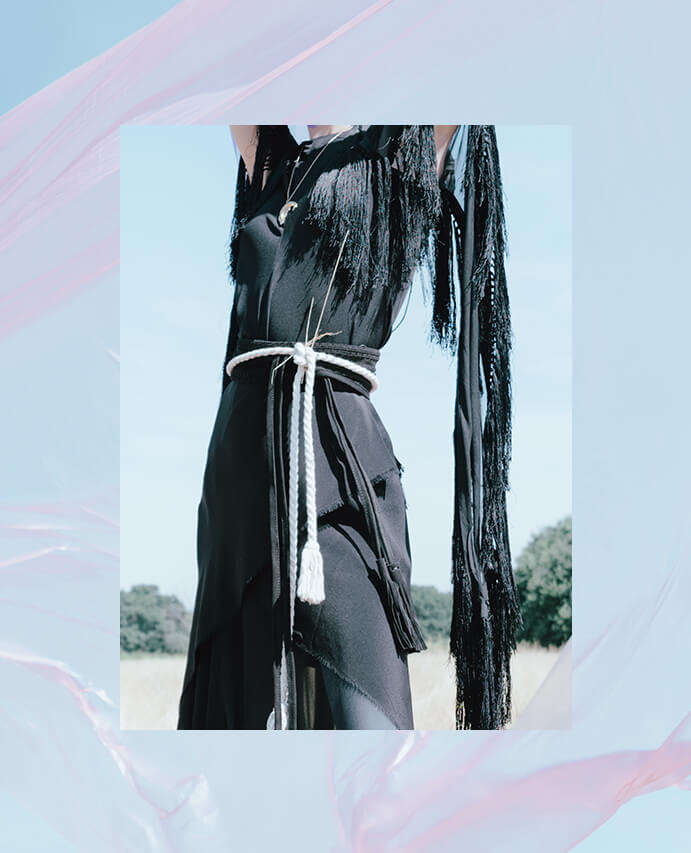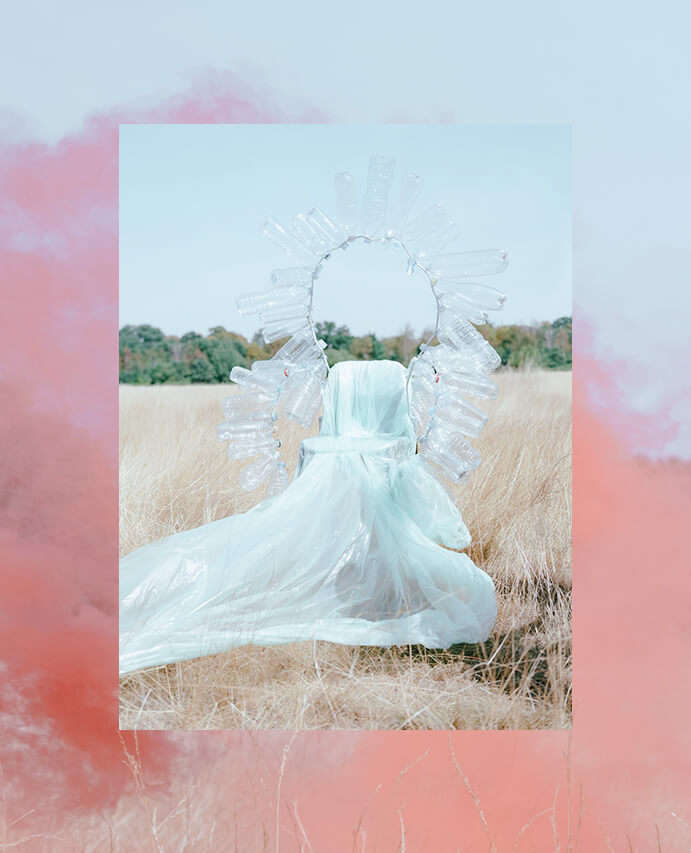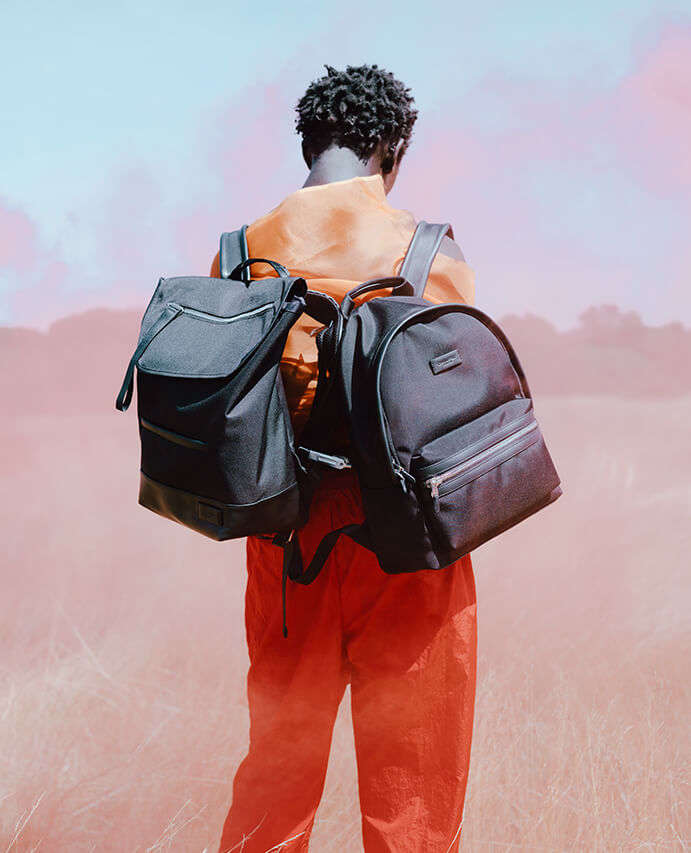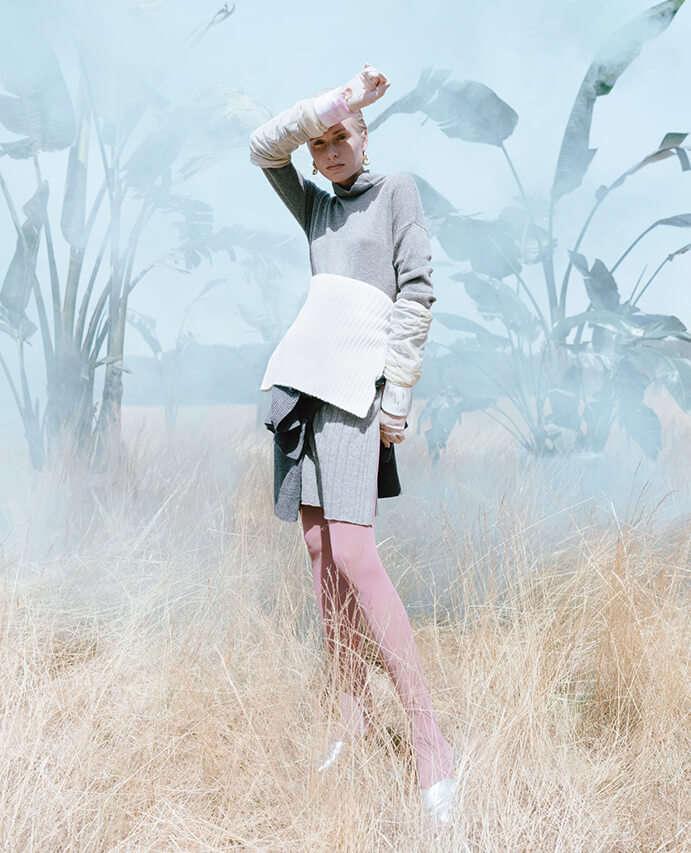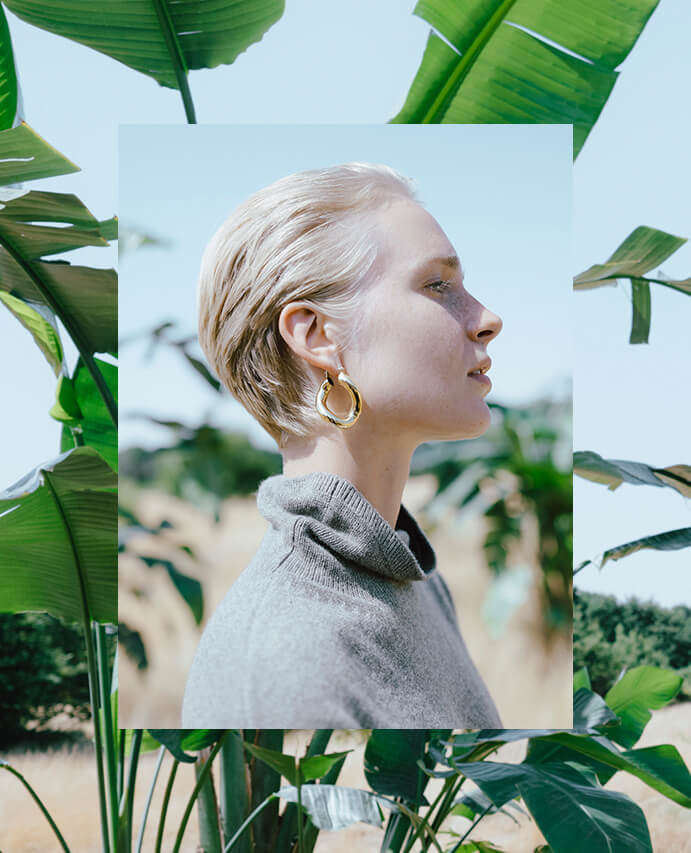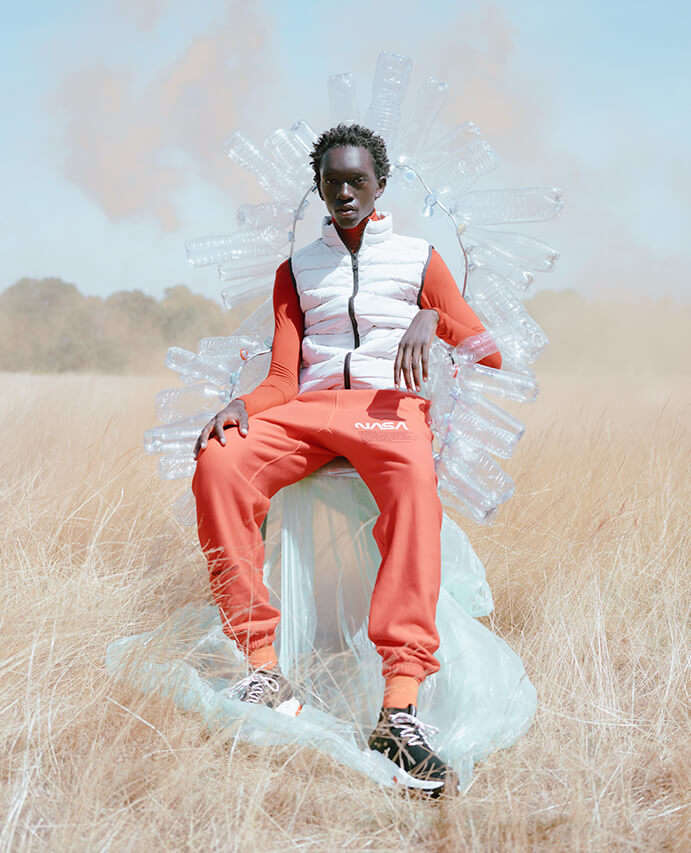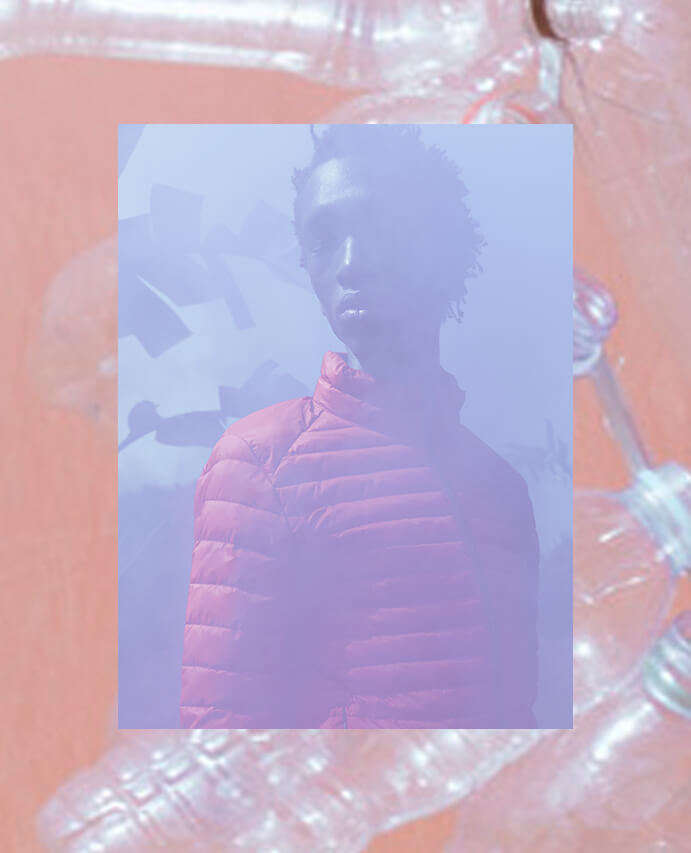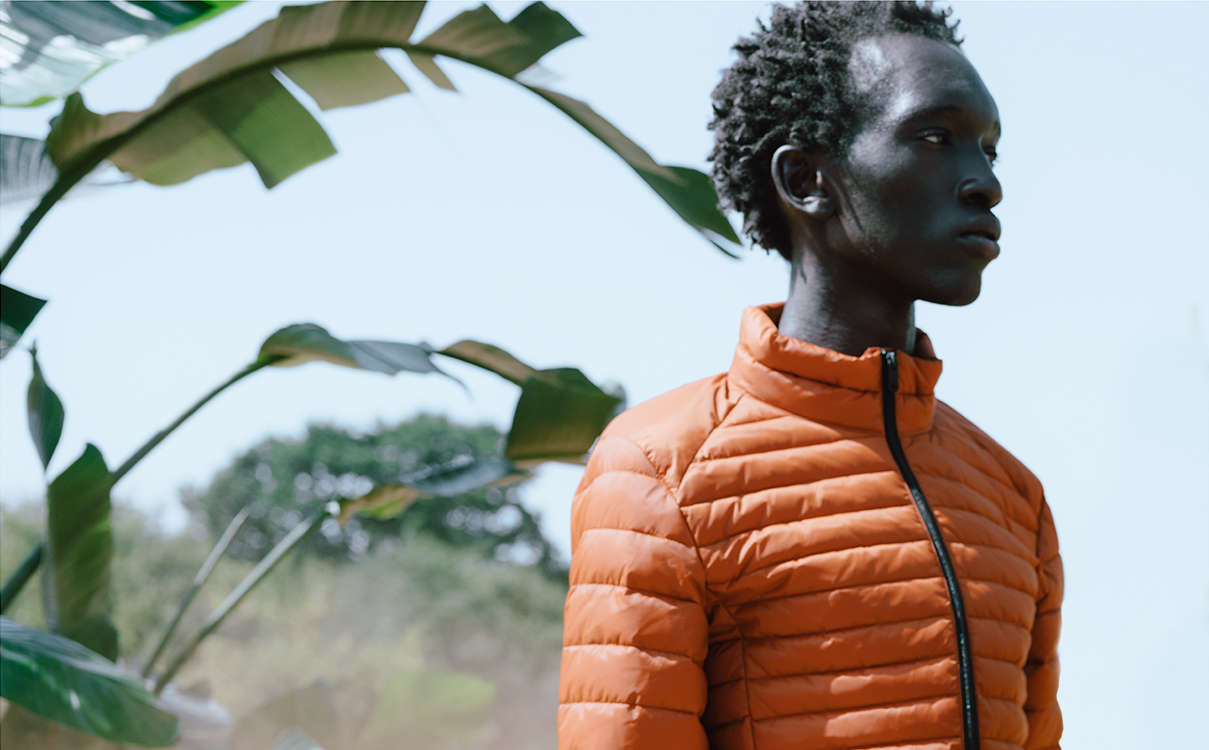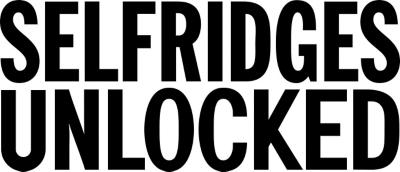- Australia / AUD $
- Canada / CAD $
- China / CNY ¥
- France / EUR €
- Germany / EUR €
- Hong Kong SAR China / HKD $
- Ireland / EUR €
- Italy / EUR €
- Japan / YEN ¥
- Kuwait / USD $
- Macao SAR China / HKD $
- Netherlands / EUR €
- Qatar / USD $
- Saudi Arabia / USD $
- Singapore / SGD $
- South Korea / KRW ₩
- Spain / EUR €
- Taiwan / TWD $
- United Arab Emirates / USD $
- United Kingdom / GBP £
- United States / USD $
- Not yours? Read more
Tell us what you think
Shop in your local currency and language
You are currently in France FR / EUR € store
- English
- English
- English
- English
- English
- English
- English
- English
- English
- English
- English
- English
- English
- English
- English
- English
- English
- English
- English
- English
- English
Did you know that we deliver to 130 countries or regions and offer a range of delivery options to suit you wherever you are in the world? Find out more
Sign up once to our Selfridges+ service and you can enjoy unlimited deliveries wherever you are in the world. FIND OUT MORE
International delivery
With almost everything on selfridges.com available for International Delivery, you can send your order to 130 countries or regions around the world, including North America, Australia, the Middle East and China.
Although we only offer 20 currencies to browse in online, you can still deliver to all of the following countries or regions:
- Algeria
- Andorra
- Antigua and Barbuda
- Aruba
- Australia
- Austria
- Azerbaijan
- Bahrain
- Bangladesh
- Barbados
- Belarus
- Belgium
- Belize
- Bermuda
- Bolivia
- Botswana
- Brunei
- Bulgaria
- Cambodia
- Canada
- Cayman Islands
- Chile
- China
- Colombia
- Costa Rica
- Croatia
- Cyprus
- Czech Republic
- Denmark
- Dominica
- Dominican Republic
- Ecuador
- Egypt
- El Salvador
- Estonia
- Finland
- France
- French Guiana
- Germany
- Gibraltar
- Greece
- Grenada
- Guadeloupe
- Guatemala
- Guernsey
- Guyana
- Honduras
- Hong Kong
- Hungary
- Iceland
- India
- Indonesia
- Ireland
- Israel
- Italy
- Jamaica
- Japan
- Jersey
- Jordan
- Kazakhstan
- Kenya
- Kuwait
- Laos
- Latvia
- Lebanon
- Lesotho
- Liechtenstein
- Lithuania
- Luxembourg
- Macau
- Malaysia
- Maldives
- Malta
- Martinique
- Mayotte
- Mexico
- Monaco
- Montserrat
- Morocco
- Myanmar
- Namibia
- Netherlands
- New Zealand
- Nicaragua
- Nigeria
- Norway
- Oman
- Pakistan
- Panama
- Paraguay
- Peru
- Philippines
- Poland
- Portugal
- Puerto Rico
- Qatar
- Reunion
- Romania
- Rwanda
- Saint Kitts and Nevis
- Saint Lucia
- Saint Martin (French part)
- San Marino
- Saudi Arabia
- Serbia
- Singapore
- Slovakia
- Slovenia
- South Africa
- South Korea
- Spain
- Sri Lanka
- Suriname
- Swaziland
- Sweden
- Switzerland
- Taiwan
- Tanzania
- Thailand
- Trinidad and Tobago
- Turkey
- Uganda
- Ukraine
- United Arab Emirates
- United Kingdom
- United States
- Uruguay
- Venezuela
- Vietnam
Meet our Bright New Things
As part of our ongoing commitment to Buying Better / Inspiring Change (read more about that here), our emerging talent initiative - Bright New Things – is back.
Each season, we’ll introduce four emerging designers to our Bright New Things network. We’ll search out those who place sustainable innovation at the heart of their creative process and their business and make seriously stylish pieces to boot.
So now you can keep up with current trends while keeping your conscience clean. Let’s meet our first recruits…
KITX – fringed top and skirt / Stella McCartney – velvet pumps / Catherine Osti – cuffs / Alighieri – necklace / Falke – tights
///
KITX
From her homeland of Australia, Kit Willow, founder of KITX, has been pushing the boundaries of eco-friendly design and technology. With a focus on organic materials, transparent processes and superior quality, her collections are typified by fluid silhouettes, languid shapes and bold hues.
“KITX was born from an intention to produce strong, creative-led designs, using materials that minimise their impact on the planet,” says Kit. “We’re committed to a win-win philosophy in which every stakeholder in the chain benefits – from the farmers on the land who don’t use chemicals and have access to clean water to the workers and artisans who are supported with fair-living wages.
We’re committed to a win-win philosophy in which every stakeholder in the chain benefits.
– Kit Willow, KITX Founder
“Sustainability has always interested me. If I don’t have trees in my life, my soul feels starved. When I was eight, I used to tell everyone at the supermarket to stop buying aerosols because they give off CO2 – little was I aware of the plastic issue!
“Most of the time I find inspiration from textiles, and from nature, geometry and art. Here in Australia, the natural light is bright, the weather is warm and the style is casual. KITX juxtaposes relaxed yet chic, natural yet architectural, feminine yet strong.”
Charlie Feist – Sakai backpack and Shiro backpack / MKI Miyuki Zoku – jogging bottoms
///
Charlie Feist
Producing vegan backpacks from eco-friendly materials and recycled plastic bottles, Charlie Feist’s unique bags are minimalist, functional and cool, as Co-Founder Subal Charla, explains.
“I have a four-year degree in engineering and design; my family runs a leading stationery business in Asia; and I have a deep interest in consumer behaviour and anthropology. I tapped into all three of these facets of my life to create Charlie Feist.
Joining Selfridges is a huge endorsement for the vegan movement.
– Subal Charla, Charlie Feist Co-Founder
“In our newest collection of products, we are using RPET, which is a fabric created by recycling plastic bottles. Used water bottles are sent to collection centres where they are cleaned and crushed into tiny pellets. These pellets are melted and then extruded to making the thread. This thread is then woven into recycled polyester fabric. The other material that constitutes a bulk of our collection is vegan leather. This is different from the PVC-laden faux leather that you’d find on the high street; we use a high-grade polyurethane resin combined with an ultra-fine microfibre that mimics the structure of leather.
“Joining Selfridges is a huge endorsement for the vegan movement, and is a sign that it’s ready for mainstream adoption by one of the most well-respected names in fashion.”
Naadam – cashmere dress, cream jumper and grey jumper / Laura Lombardi – earrings / Falke – tights / Gina – shoes
///
Naadam Cashmere
Inspired by his travels to the remote countryside of Mongolia, Matt Scanlan, a former financial analyst turned fashion entrepreneur, ethically sources and produces luxury knitwear (think super-soft sweaters and leggings) while supporting the local goat-herding community. Here, he tells us his story.
“The brand was founded by accident. I was stranded in the middle of the Gobi Desert in Mongolia for a month. The nomadic herding family we were left with took care of us and we built a bond that motivated us to start Naadam and help the herders. We quickly realised the only way to do it was to upend 1,000 years of traditional trade systems to get fair pricing and leverage back to the herders.
Naadam literally translates as ‘games’ or ‘festival’ in Mongolian. It represents the tradition of celebrating Mongolian people.
– Matt Scanlan, Naadam Cashmere Co-Founder
“Naadam literally translates as ‘games’ or ‘festival’ in Mongolian. It represents the tradition of celebrating Mongolian people, and nomads in particular. They have a uniquely resilient sense of pride and humility.
“Owning the process from the source has allowed Naadam to be rigorous about our ethical and sustainable practices, and gain access to the rarest cashmere in the world, at a fairer price. We also work with not-for-profits to provide veterinary care to goats, so their fibre is stronger and softer.”
Ecoalf – white padded gilet and orange jacket
///
Ecoalf
Javier Goyeneche’s Ecoalf label has built up a significant global following (fans include Gwyneth Paltrow, Marc Jacobs and will.i.am) for its wearable collections made from recycled waste. Produced in Spain, the brand uses the highest quality recycled fabrics to create a new generation of super-stylish sustainable products. Here Javier discusses his mission.
“The concept arose in 2009 from my frustration with the excessive use of the world’s natural resources and the amount of waste produced by industrialised countries. The idea was to create a fashion brand that is truly sustainable. Ecoalf has developed over 250 fabrics, giving a second life to materials that were once left behind. Where others see trash, we see premium-quality raw materials.
Where others see trash, we see premium-quality raw materials.
– Javier Goyeneche, Ecoalf Co-Founder
“Our goal is to create the first generation of recycled products with the same quality, design and technical properties as the best non-recycled products. That way, we can show there is no need to use our world’s natural resources in a careless way.
“We established the Ecoalf Foundation and the Upcycling the Oceans (UTO) project to help recover the trash that is destroying our oceans and transform it into top-quality yarn to produce fabrics for clothes and accessories. Over 250 tonnes of waste has been recovered from the bottom of the ocean off the Spanish coast, where UTO started. Thailand is now replicating the project in four areas of the country.”
///
The Bright New Things shoot features writer, artist and model Wilson Oryema, who has recently published a book of short stories and poems about the effects of contemporary consumerism.
“I’m in a really fortunate position with what I do, so it’s important to me to use my platform as a force for good. I’m very selective with the jobs I take – it comes to down whether the brand cares about more than just making a profit, but also about what is happening to the planet as a result of their production and being considerate of us as a collective society."
"It’s an amazing opportunity to be a part of the Bright New Things project early on, because it’s not just a one-off, but a part of the long-term strategy. It’s all about working together with other people who are trying to make positive changes for our planet.”

